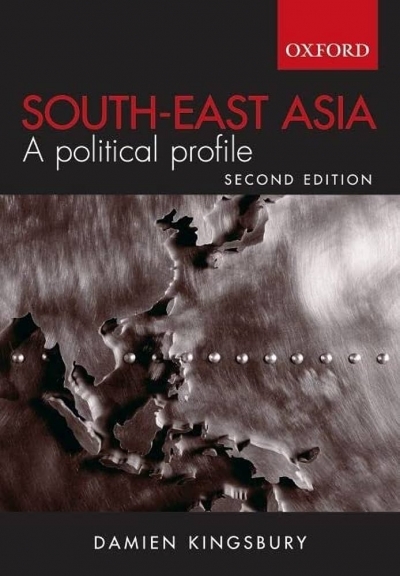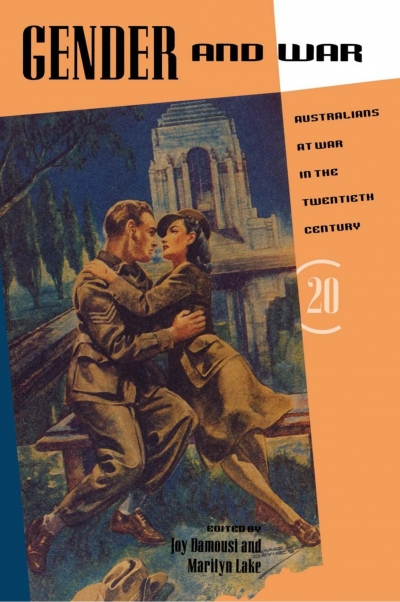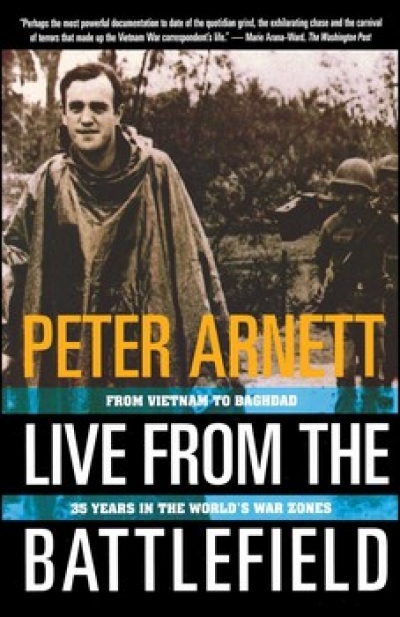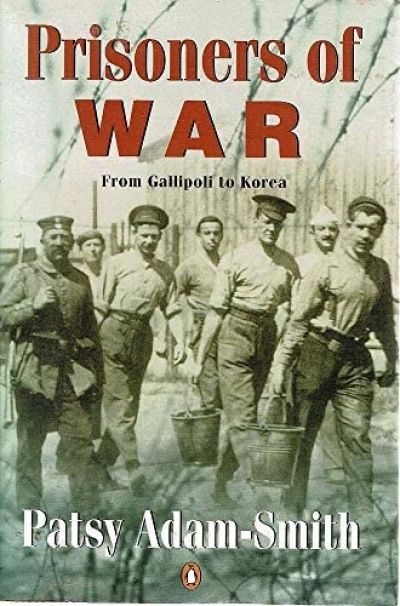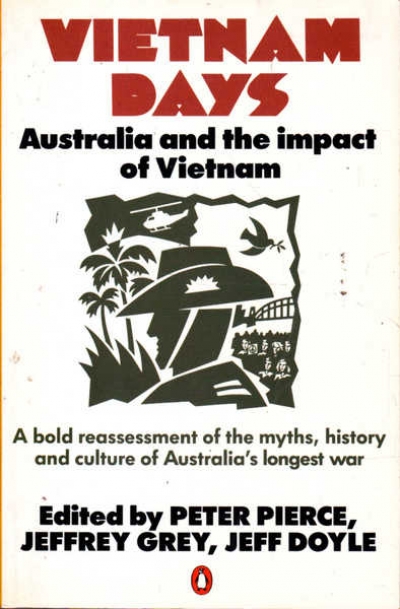War
Living with the Aftermath: Trauma, nostalgia and grief in post-war Australia by Joy Damousi
by Stephen Garton •
Breaking the Codes: Australia’s KGB Network 1944-1950 by Desmond Ball & David Horner
by Peter Edwards •
A Nation at War: Australian politics, society and diplomacy during the Vietnam War, 1965–1975 by Peter Edwards
by Peter Pierce •
Gender and War: Australians at war in the twentieth century edited by Marilyn Lake and Joy Damousi
by Jeff Grey •
Live from the Battlefield: From Vietnam to Baghdad, 35 Years in the World's War Zone by Peter Arnett
by Jennifer Maiden •
Prisoners of War: From Gallipoli to Korea by Patsy Adam-Smith
by Ian Buchanan •
Vietnam Days: Australia and the impact of Vietnam by Peter Pierce, Jeffrey Grey, and Jeff Doyle
by Richard Broinowski •


